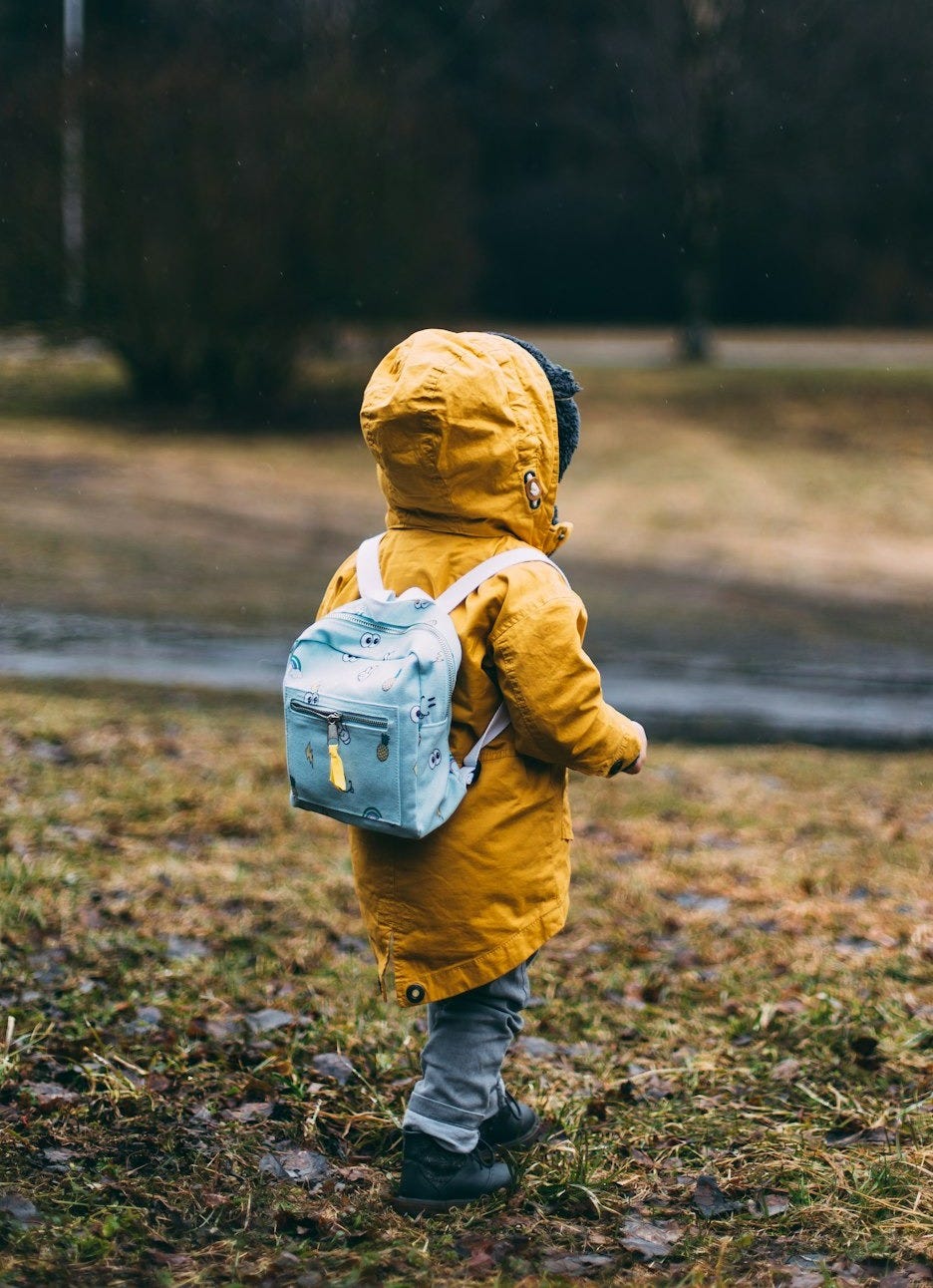
The Gift of Courage
See the note at the end for an explanation of this series!
Strength in the face of threat, challenge or danger.
To take action toward a goal that others would find overwhelming.
To take complete responsibility for one's actions and make amends to correct one's errors.
The willingness to reflect upon and explore one’s inner world.
—IFS Source—
When I named my first book Brave, I could think of no other words to describe how ridiculous it was to do such a thing. I had no guarantee it would be well received. I dared not reflect on why I was doing such a thing. I simply needed to be brave. The second and third books merely put the period at the end of one very brave sentence.
Trauma in the Pews felt very different. It was a deliberate choice that I deeply reflected on—for months. I returned to Colorado Springs and spent a week considering the task ahead of me. I walked the paths where I had healed and stood in front of the Victorian house where I began therapy. I returned home to start writing and in two months, the manuscript was finished.
The difference between my experience with those two books explains the difference between bravery and courage.
Bravery is bold and fearless action, often without pause for reflection.
Courage is what allows someone to overcome fear; it’s thoughtful and enduring.
Without generalizing about bravery in general, for me, bravery was not the most mature or healed form of that core part of me that seeks justice in my world. It is more like jumping off a building and hoping I sprout wings. Sometimes that is necessary. Being brave is important in many situations but it most often requires us to ignore or override our fear.
Courage on the other hand is having wings and knowing when and when not to use them. I was born to be courageous; overcoming the childhood trauma in my life made me utilize bravery far more often than I should have. I had to dig far deeper into healing my story to develop the courage that now guides me. My courage is far more reflective and intentional.
In keeping with the theme of this series, courage is a birthright. Bravery is an outgrowth of that core quality that helps us do hard things. Courage on the other hand is what helps us get up every day, work toward our goals, and dig deep to accomplish the healing we need to live well. Possibly the most courageous act is to sincerely apologize when we are wrong and do all we can to make amends.
Courage is a gift that requires assembly. In a nurturing home where children feel safe, they can learn to do hard things, feel guilt—not shame—that leads to sincere apologies, learn to seek justice for those who are not as fortunate and enter adulthood with the courage to follow dreams and leave the world a better place for having been there.
For those—like me—who depended on being brave, the gift of courage received through healing makes a remarkable difference in how we choose to live. It is never too late to develop courage!

As I healed, I was surprised to find that deep inside of me was a remarkable human being. Shame and religion had taught me something entirely different. It taught me that I was unworthy, flawed, and some would say, wicked. When introduced to the “8 Cs of Self Leadership”—a core concept of Internal Family Systems (IFS)—I recognized a me that had always been there but often got buried underneath layers of pain and trauma-based coping strategies. Un-layering this me was a gift I gave to myself and it has enabled me to give hope to others. For the eight days leading up to and including Christmas, I will be writing about each of these gifts that I treasure every day: Calmness, Clarity, Curiosity, Compassion, Confidence, Courage, Creativity, and Connectedness. These gifts, handed to us at birth, were intended to be opened in safe, nurturing childhoods but it is never too late to open the gift.




I appreciate you writing about the difference between bravery and courage.